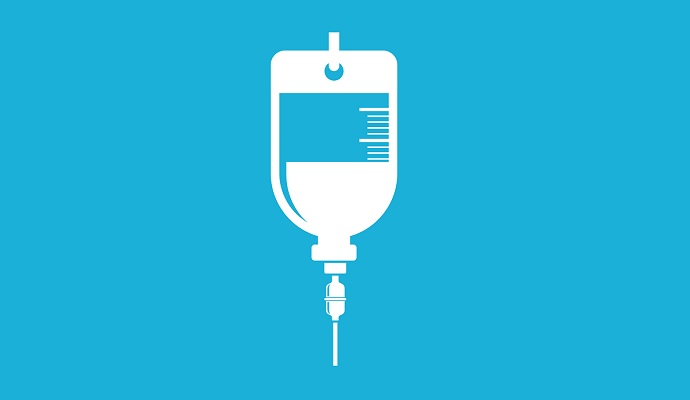Medicare Oncology Care Model Needs Refinement to Boost Reach
Although moving practices away from fee-for-service, CMS’ Oncology Care Model needs to be redesigned to enhance care quality, narrow the focus, and set clinical pathways.

Source: Getty Images
- Medicare’s Oncology Care Model (OCM) is a promising start to payment reform for oncology care but the model needs several vital changes to improve the model’s effectiveness and reach across providers and payers, according to a group of industry experts.
In a new report, the workgroup convened by Remedy offered CMS five recommendations for improving the Oncology Care Model, a bundled payment arrangement for episodes of chemotherapy treatment. The model launched in 2016 and set to expire in 2021 has enabled 190 practices to develop care plans, coordinate care, and improve survivorship planning, and implement other patient-centered care capabilities. However, the model has yet to realize overall cost savings and measurable quality improvements, CMS reported in the latest evaluation report.
The workgroup led by Remedy highlighted that OCM already accomplished a few goals thus far. For example, the model enabled accurate identification of most of the elements of cancer care management and introduced transparent pricing. Most importantly, the model also moved practices away from fee-for-service and toward value-based care.
But the current episode definitions in the OCM are “highly constraining,” which causes concerns for partnership and local commercial plans, the workgroup stated.
Specifically, there are not many payers that have integrated the OCM model, which forces practices to make choices about transformation for all patients or just those in the OCM, the industry experts explained. , Furthermore, just a few payers have decided to expand the model, and when they did, they focused on the upside-only payment models, which fails to meet the goal of shifting financial accountability to providers.
The workgroup suggested that the next iteration of the OCM force practices to participate in breast, prostate, lung, and colorectal cancer, as this ensures that the model covers the most prevalent, treatable, and costly cancers. In addition, Medicare should create a model that is adaptable and attractive to the needs of commercial payers.
Additionally, the next model should reward practices, yet hold them responsible, for following known evidence-based pathways. The group also said that the clinical pathways should come from work already completed by the National Comprehensive Cancer Network (NCCN. However, guidelines should be more explicit as a component of quality and payment.
The third key recommendation from the workgroup was that clinicians should only be responsible for the care patterns they control. The future model should focus on achieving savings through implementation of cost-effective drug regiments and reduction in the utilization of healthcare services due to treatment toxify, progressive symptoms of malignancy, or exacerbation of chronic underlying comorbid medical conditions.
In addition, payers must establish realistic benchmarks that accommodate patient needs, the workgroup advised. Providers need to be held accountable to clinical pathways, but not be constrained by benchmarks because oncology practices don’t control drug prices.
Overlap policies should ensure appropriate opportunity within each model, workgroup stated in response to new oncology bundled payment models from CMS.
CMS recently proposed the Radiation Oncology (RO) model to test whether a prospective bundled payment model for radiation therapy episodes would improve quality of care and/or reduce cancer care costs. The model, if finalized, would overlap with the current OCM, which raised concerns for the workgroup. The group urged CMS to maintain the overlap policy in the next version of the model because it is “likely to result in compounded efficiencies and clinical integration.”
The last principle that the workgroup mentioned was that rigorous model evaluation is paramount. The Innovation Center should use a geographically-defined mandatory model, run with a voluntary pilot, to allow for rigorous evaluation of the OCM. The suggested structure for the next iteration of the OCM would ensure that biases are not introduced into the evaluation and won’t disrupt the conclusions about the effectiveness of the model, the workgroup stated.
“To achieve the desired ends, reduced toxicity, improved outcomes, and moderate costs, it is important for these principles to inform the design of payment reform for oncology practices to ensure widespread adoption and spread beyond traditional Medicare,” the report concluded.
